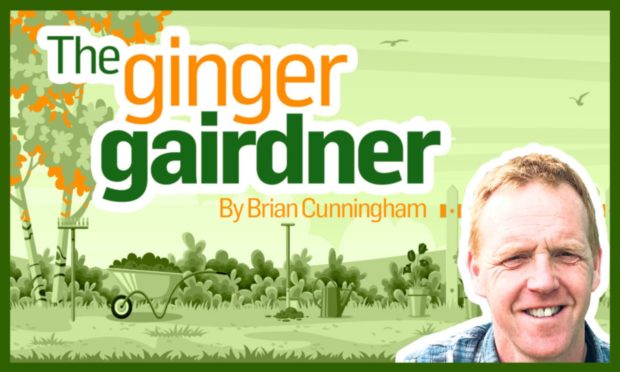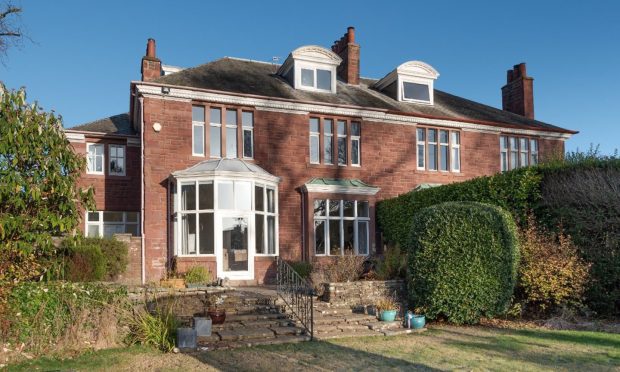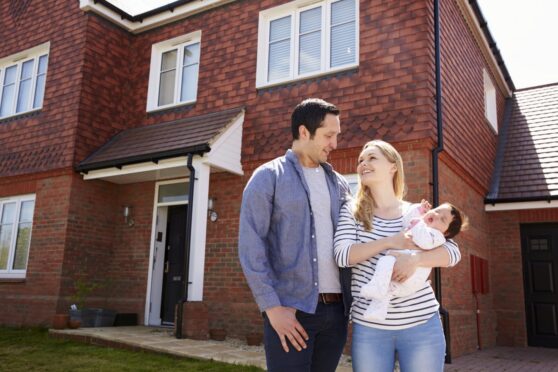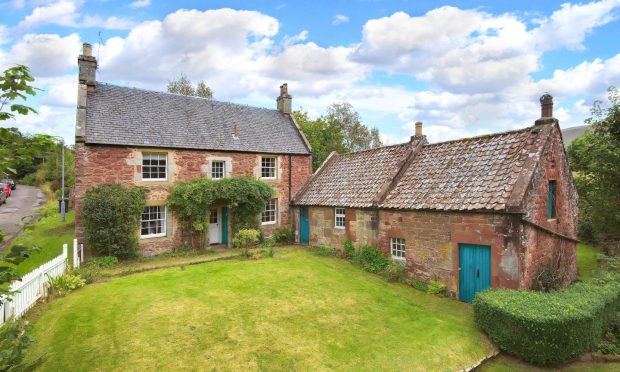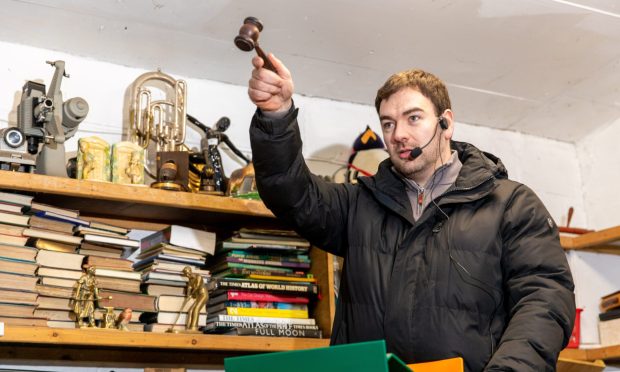I don’t know if I’ve been lucky, naïve or just ignorant previously, but it seems lately the world and our lives are just one trouble after another.
I’m not trivialising things and seeing an opportunity to promote the health benefits of gardening – I genuinely have been and am grateful that I have a love of gardening and being outdoors that provides me with escapism, somewhere I can be with something do to remind me just how simple life can be.
My kids are in their early teens now, developing their own lives and interests. But on a weekend afternoon, if I’m pottering away, I’m still hearing my boy kicking a football around and I know at some point my wee girl will be climbing one of the trees that surrounds our house, still giving me a sense of comfort.
Moments of calm
I actually enjoy those damp, drizzly mornings when I can hide in the glasshouse or layer up and turn my compost heap as an excuse to get outside for half an hour, to burn off energy and satisfy my need to be outdoors.
Then there are those moments of complete calm when harvesting lettuce or thinning carrots with the sun on my back, the scent in the air of the vegetables and herbs around me and the only thing I can hear is the sound of birds. Just bliss.
Unfortunately these moments can’t chase our personal or world troubles away completely. But at least they can be put to one side for a short while, quite often helping to put things into perspective and us in a better frame of mind for making decisions.
Remembering climate change
It was only in November that we had COP26, when all the issues around our warming climate were at the front of our minds.
Since then we’ve had storms bringing winds so strong they’ve brought down countless trees, had restrictions return to us from the ongoing pandemic and now war has returned to Europe.
Being out in the garden is becoming even more important than usual for me.
With all that happening in the space of a few months, we can be forgiven for forgetting all about COP26.
But now, with gardens all around us coming back to life, the timing is perfect for focusing on what us gardeners can do during the growing season ahead to help protect the planet.
Growing your own
Instead of buying it all from the supermarket, grow a portion of the fruit and veg you eat at home. It’s very satisfying, it generally tastes better and it’s a great way to get kids eating healthily from a young age.
Harvest rain water for giving your plants a drink by fitting a water butt to the down pipe of a garage, shed or glasshouse.
Most of your plants will benefit from this, though you should avoid using it on any seed trays.
Reducing the frequency of cutting your grass down to every three weeks not only saves you time and money, but will help wildlife too.
Don’t be scared of all these creepy-crawlies but instead embrace them, they all contribute to the garden having a healthy eco-system, which in turn keeps our plants healthy.
Eco-friendly gardening
For years we’ve been growing plants in black, plastic pots but when they break and we’re finished with them, they’ve had to be sent to landfill as they are unable to be recycled.
Thankfully the plants and pots we now buy come in an array of different styles, colours and materials than can be recycled. If like me your potting shed is still packed full of the old style, please keep re-using them for as long as possible.
One major issue that our industry faces in the coming years and that will affect us all is the use of peat in the bags of growing media that we purchase from garden centres.
Peat has been used by manufacturers of composts for years due to its qualities in holding moisture. However, the bogs from which it’s extracted are important for storing carbon.
Damaging these to make our garden composts releases the carbon stored within them, which is contributing to climate change.
The right kind of compost
As part of a programme to reach the government target of removing peat in retail horticulture by 2025-2028, a new scheme has been launched to help us consumers choose the most environmentally-friendly compost brands.
Following the rating system we find on our domestic appliances, each manufacturer who has taken part in the scheme has their product scored on such criteria as water use, energy and pollution resulting from production. A is for the most sustainable, while E for the least.
Proudly being the stereotypical tight Scotsman that I am, I’m happy to tidy up all my herbaceous clippings, leaves, veg peelings from the kitchen and all my other garden waste, putting into a bin in the corner of my garden to make my own compost.
I can’t get anything better for feeding the soil around my plants and it saves me a nice sum too.
